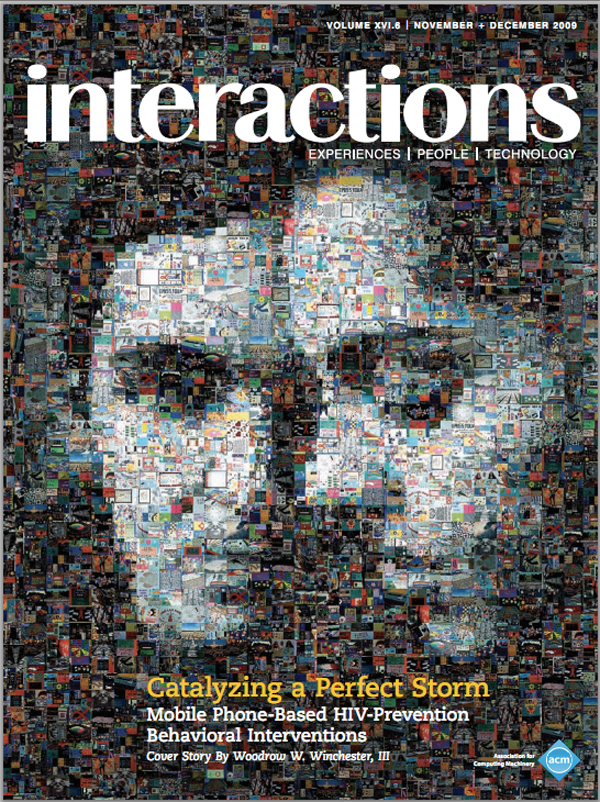Authors:
Jon Kolko
Judging the "trueness" of designed artifactsobjects, websites, or printed publicationsis easy. The authenticity of these artifacts depends entirely on their material, craft, and ability to produce an illusion: A company has made a claim, and the object becomes the substantiation of that claim. It's easy to see through an object that is false. The wood veneer will start to pull away from the cheap particleboard beneath; the paint will scratch, and the finish will discolor. Age seems to highlight the charade of mass production, calling attention to cheap materials or the apathetic workers that assembled the items en masse.…
You must be a member of SIGCHI, a subscriber to ACM's Digital Library, or an interactions subscriber to read the full text of this article.
GET ACCESS
Join ACM SIGCHIIn addition to all of the professional benefits of being a SIGCHI member, members get full access to interactions online content and receive the print version of the magazine bimonthly.
Subscribe to the ACM Digital Library
Get access to all interactions content online and the entire archive of ACM publications dating back to 1954. (Please check with your institution to see if it already has a subscription.)
Subscribe to interactions
Get full access to interactions online content and receive the print version of the magazine bimonthly.







Post Comment
No Comments Found